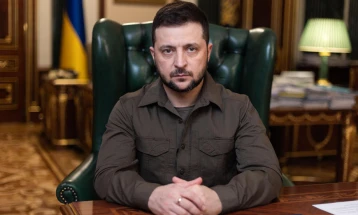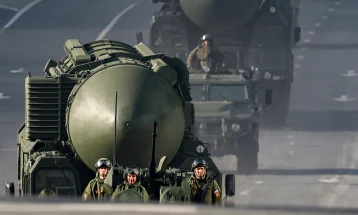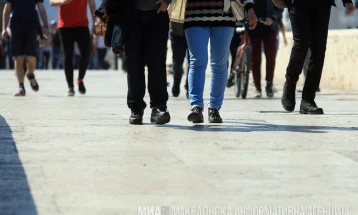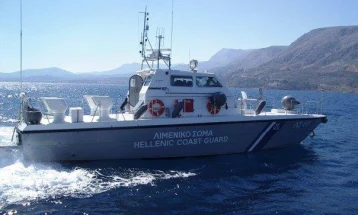Russia says Luna-25 spacecraft destroyed after hitting moon's surface
- Russia's Luna-25 spacecraft was destroyed after hitting the moon's surface following an "unplanned situation," Russian space agency Roscosmos said on Sunday.
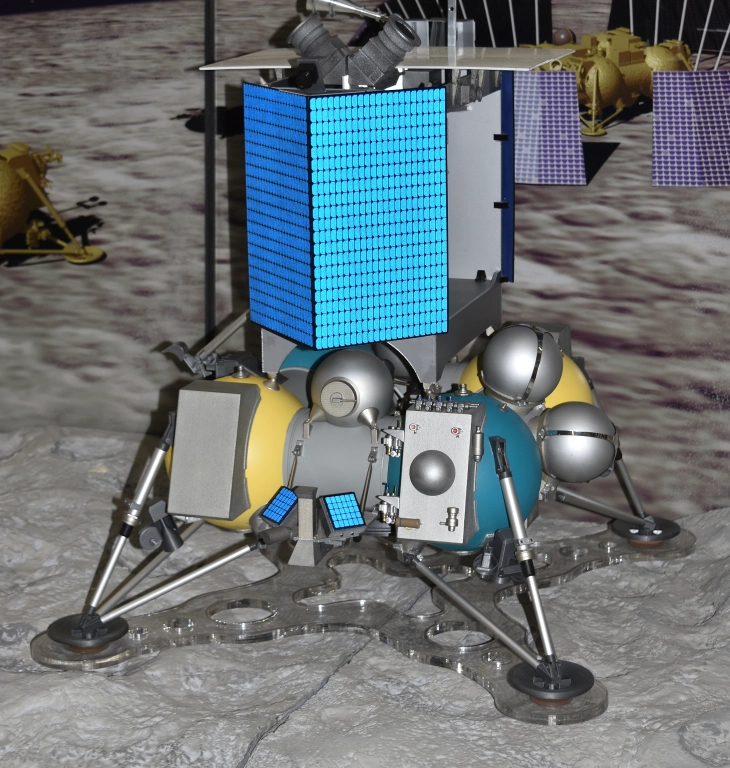
Moscow, 20 August 2023 (dpa/MIA) - Russia's Luna-25 spacecraft was destroyed after hitting the moon's surface following an "unplanned situation," Russian space agency Roscosmos said on Sunday.
The incident ends Russia's first moon mission in almost 50 years.
Roscosmos said a commission would be set up to investigate the cause of the incident.
The first Russian space probe since 1976 had been due to land on the moon's south pole on Monday.
The proud space nation had wanted to demonstrate its scientific capabilities in the face of its war on Ukraine and the international isolation it has faced since.
Following Luna's succesful launch on August 11, Russian politicians had emphasized that the country would not let itself be defeated.
The probe was scheduled to enter a new orbit of the Earth's satellite at 2:10 pm (1110 GMT) on Saturday.
"During the operation, an unscheduled situation occurred on board the automated station, which did not allow the manoeuvre to be carried out under the specified parameters," the agency said.
Luna-25 reached the moon's orbit on Wednesday after more than five days of flight. It was launched last Friday from the Vostochny cosmodrome in Russia's Amur region.
The 1,800-kilogram probe had been searching for an ideal landing site during orbit.
Roscosmos had published a photo taken by the probe on Thursday, showing the lunar surface. One of Luna-25's aims had been to search for water on the moon.
Luna-25 was part of Russia's lunar programme, which aims to establish its own space station on the moon by 2040.
The new probe should in fact have been on its way a long time ago: The first planned launch date for a lunar probe was in 2012. The last target date was May 2022, but this was scrapped due to technical problems.
Roscosmos had originally worked with the European Space Agency (ESA) on the Russian lunar programme. However, after Russia's full-scale invasion of Ukraine in February 2022, ESA ended its cooperation with Moscow.
